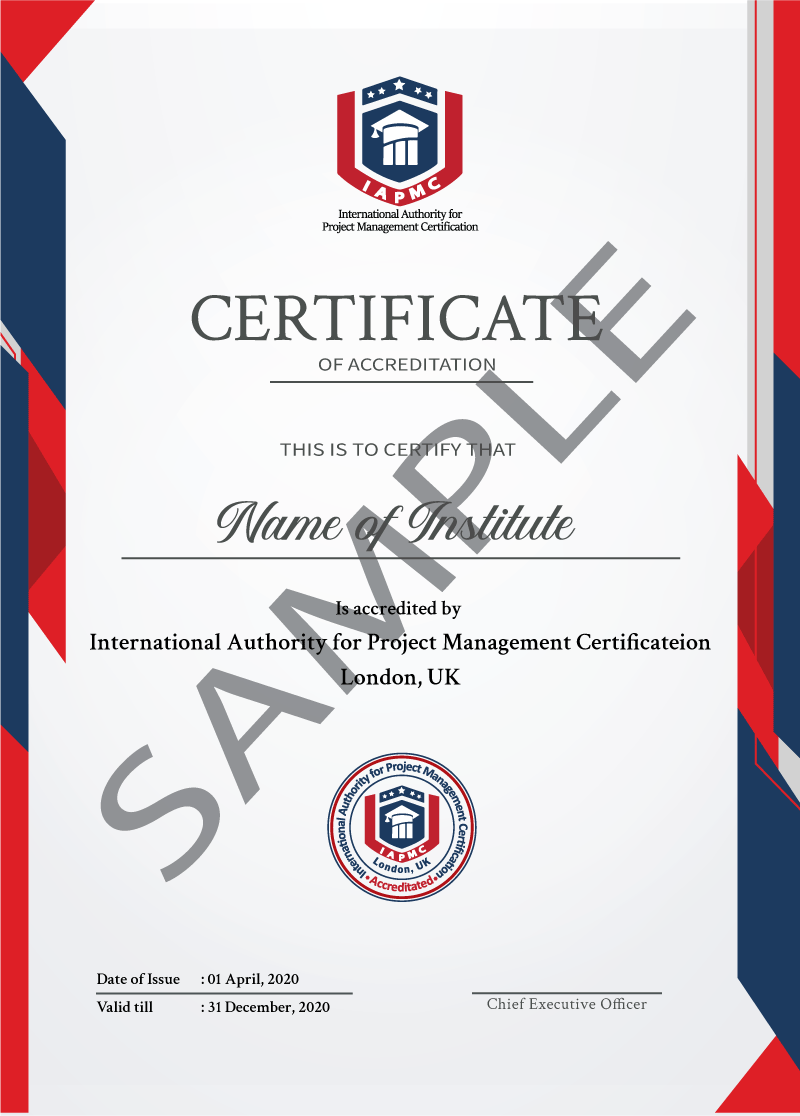
The Certified Professional in Project Management (CPPM) credential is designed for individuals with the experience and knowledge to lead and execute projects successfully. Offered by an esteemed certification body, this program provides a comprehensive understanding of project management tools, models, dynamics, and roles, empowering professionals to excel in their project management careers.






Moderately tough analytical MCQ/ Case based MCQ
The passing score for the CPPM exam is set at 70%.
By earning the CPPM credential, professionals will gain the knowledge and expertise needed to lead and execute projects successfully, making a significant impact on organizational project management capabilities.


